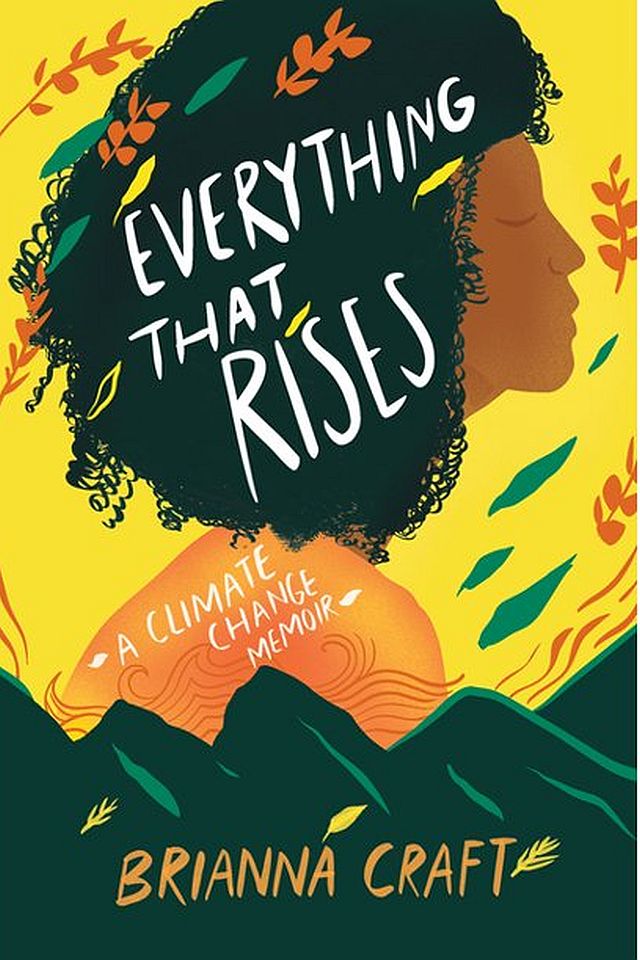Brianna Craft
Lawrence Hill Books

The people I worked for had polluted the least, suffered the most, and lacked the resources to deal with the consequences of the crisis. The forty-eight Least Developed Countries had contributed less than 1 percent to the world’s cumulative greenhouse gas emissions. Less than 1 percent. On average, the billion people living in these countries emitted 0.3 metric tons of carbon dioxide per year. The average American, meanwhile, emitted 16 metric tons of carbon dioxide per year. So those who polluted the most suffered the least and used their resources to keep the worst impacts at bay. Climate change was such an unjust mess.
from Everything That Rises
Coming of age with climate change
Brianna Craft graduated valedictorian of her Kelso High School class. Today she lives in London, a senior researcher at the International Institute for Environment and Development. Her journey is the subject of Everything That Rises.
Her awareness of climate change began as a freshman at the University of Washington. Required to take a science course, she signed up for Introduction to Environmental Studies. What she learned shocked and frightened her and set the course for her life.
Graduating from Brown University with a Masters in Environmental Studies, she participated as an intern in the 2011 COP (Conference of Parties) in Durbin, South Africa, working with staff from the Least Developed Countries (LDC) Group. There she saw the almost impossible challenge facing the world, but also recalled the words of Nelson Mandela: “It always seems impossible until it is done.”
Craft takes us ground level through the interminable discussions, hearings, and negotiations as nations struggled to seek some consensus on how to avert world-wide catastrophe. This is followed by an internship at the UN climate change headquarters in Bonn. (“Another great, unpaid opportunity.”)
Running parallel to her professional development is the story of the turbulent and complicated relationship with her father that brought her to the brink of suicide as a teenager. At times, she feels overwhelmed, unable to solve either these global or personal problems. Yet her memoir also offers moments of hope and humor. A vegetarian partly for climate change reasons, she tells one of her carnivorous colleagues over lunch, “Just think of all those greenhouse gas emissions.” (Global livestock account for about 15 percent of emissions.) “I am,” he responds. “That cow will never emit again.”
The climate crisis becomes personal when a negotiator from the Philippines, addressing a plenary session, suddenly breaks down and begins weeping. Super Typhoon Haiyan, the strongest tropical storm to ever make landfall, with winds reaching 235 miles per hour, has just devastated his nation: an estimated 8000 dead, millions homeless, two-thirds of the country in ruins, his own family among the missing.
Finally, the years of working through the complex maze of competing national interests results in the Paris Agreement of 2015. For the first time in history, the nations of the world had agreed to act on climate change in a legally binding treaty. “In and of itself, the Paris Agreement would not solve the climate crisis,” she writes, “but without it, we didn’t have a prayer.”
And then, in June 2017, the US, the largest contributor to greenhouse gases, announced it would withdraw from the agreement. It is crushing to read and once again relive that moment.
But the work goes on. And Craft remains part of it, attempting the impossible because we face the unthinkable.
This review first appeared in The Columbia River Reader (April 15, 2023.) Reprinted with permission.



